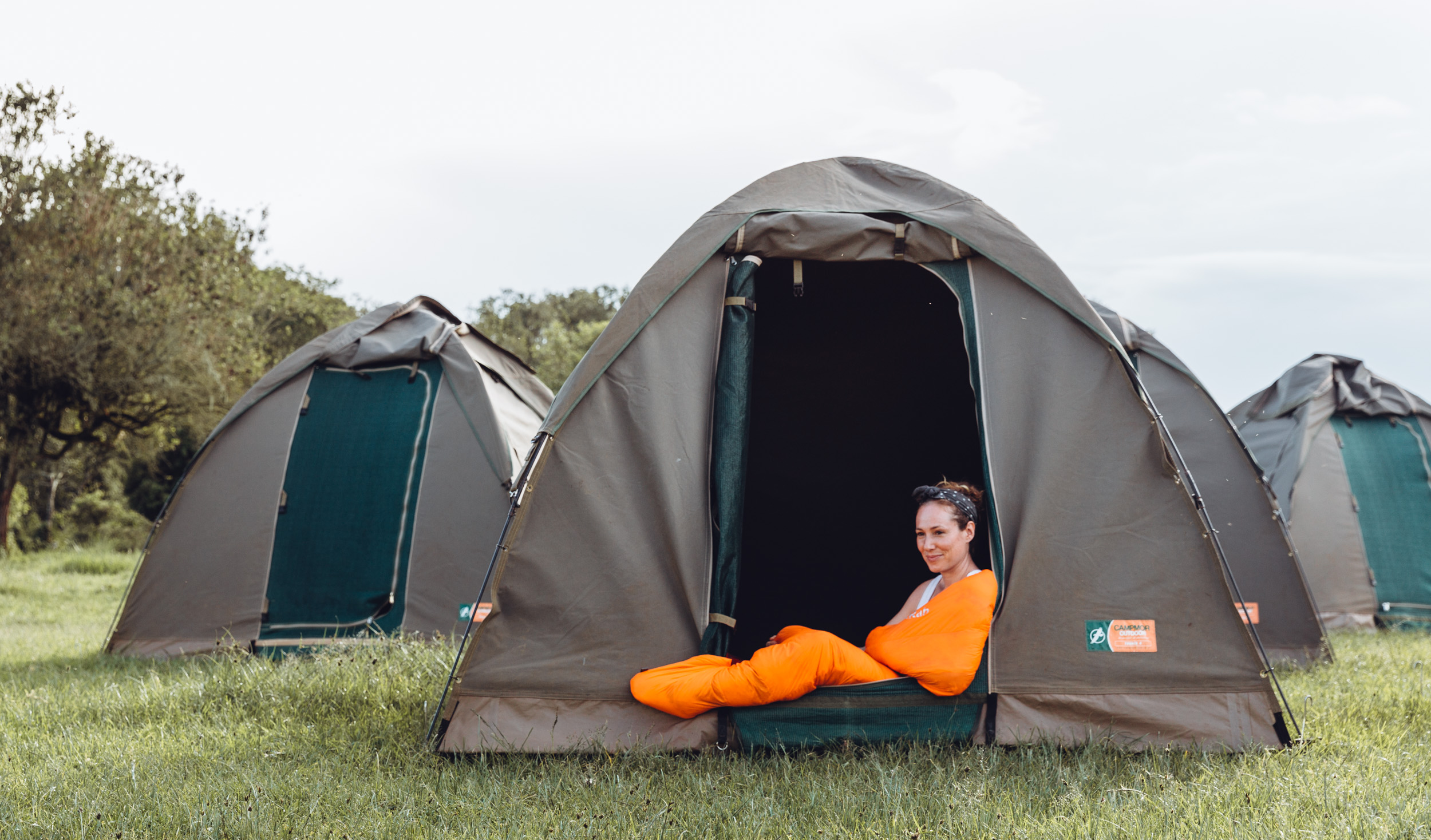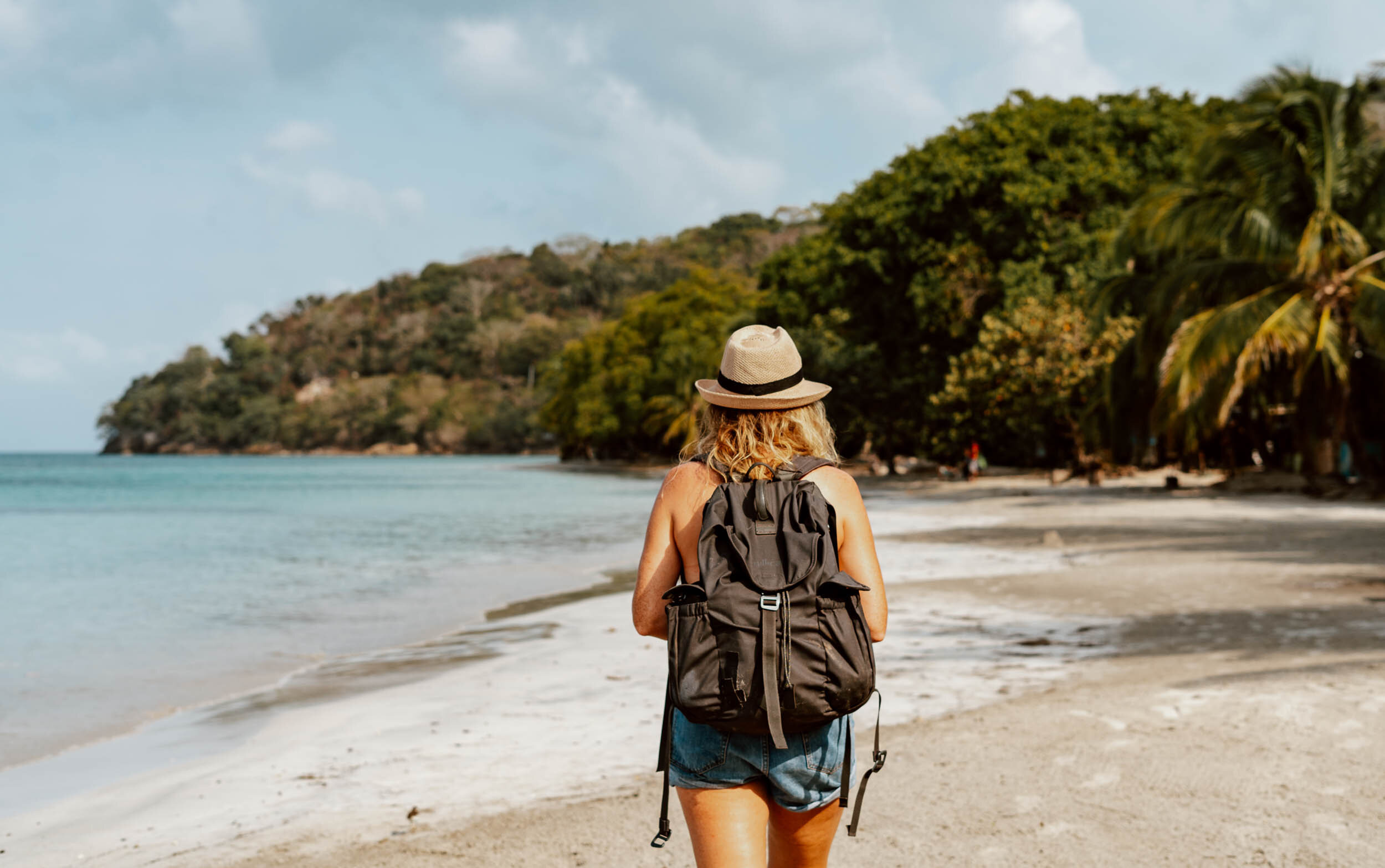We have a problem.
Sometimes on Facebook, when someone in one of the many backpacking groups or forums asks a question about buying travel insurance, we will comment on their post.
On occasion, we’ll link to our article about the 13 common mistakes to avoid when buying a policy, or we’ll write a few personal anecdotes to show why travel insurance is a sensible, and necessary, thing to purchase for all adventurers and wanderlusters.
And then, for the next 24 hours, the notifications will start pouring in, almost always involving the following statements:
“It’s a waste of money”
“You don’t need it – just go to a hospital in the country and you’ll be fine”
“I bought antibiotics from a pharmacy there, so didn’t need to use my insurance”
“It’s too expensive”
“It’s only for rich people”
The internet is a wonderful thing. The travel community is a wonderful thing. But, put those two things together in a Facebook group where someone is genuinely curious about what they should look for in a backpacker travel insurance policy, or whether the you should buy one, and somehow you will unfortunately open up a holy hell of misinformation, bad advice, personal abuse and some outright nonsense (the same goes for discussion about pre-trip vaccinations and malaria by the way).
And the saddest thing? The person who asks, who may be setting out on their first great adventure and genuinely wants some good advice, is left not knowing who to believe, what to do, or what is fact, conspiracy theory or absolute bunkum.
So, here in our dusty little corner of the internet, we wanted to remind you that 1) yes, you do need travel insurance if you want to travel and 2) there are some important things to know about what exactly it's for.
What’s the point of travel insurance?
The problem with any type of insurance is that it’s something you’re buying in the hope that you never actually have to use it.
Like diarrhoea medication.
If you’re going on a holiday, you want to wear that fantastic new hat, try out those new swim-shorts or get creative with your fancy camera; they're a tangible goods and purchases you can touch, feel and enjoy.
Insurance is none of those things; insurance is diarrhoea medication.
You only need it to stop the shitty moment or to make it a little, well, less shitty.
An adventure is successful if you never have to use your insurance – that would usually mean you haven’t been robbed, run over, rescued or resuscitated…. And so, it’s understandable that the majority of us end up viewing it as a cost or a waste of money.
You can’t return it, you can’t exchange it, you can't really ever enjoy it.
But, what travel insurance is, is a down-payment / deposit on your own financial security and, more importantly, health whilst you’re out backpacking. A serious medical scare or accident when you’re somewhere new or strange is everyone’s nightmare – and knowing that you have a degree of protection and certainty in the form of an insurance policy removes an element of that unknown.
If you get hit by a car – that’s what it’s for.
If you are sick in a foreign hospital – that’s what it’s for.
If you have to fly home because of a family emergency – that’s what it’s for.
If you’re stuck on a mountain in Nepal and need a helicopter to find you – that’s what it’s for
If you’re robbed on a bus and your laptop is nicked – that’s what it’s for.
Not only would these scenarios be traumatic, but the cost of remedying a few of them could run into the hundreds of thousands - you want the insurer to pay those, not you, your family or a crowdfunding campaign.
And that's why you buy travel insurance.
I’ve never had to use it, so why should I keep on taking it out?
As with vaccines, this is the false logic so common amongst travellers on internet groups which we find so frustrating. Simply because an event has not occurred or affected you, doesn't mean that there is no risk to you in the future or to others.
Personally, we would never travel, anywhere in the world, without travel insurance - even for a day. You just never know what could happen!
Andrew has, touch wood, never had to use his travel insurance policies since setting off on his gap year in Vietnam; Emily, unsurprisingly, has had to use hers a few times since her first journey across the US in Greyhound buses, most recently when we were in the middle of nowhere in Peru.
Just because it hasn't happened, doesn't mean it never will. And Sod's Law would guarantee that the one time you don't buy it...
Why is it so expensive?
So, it’s boring, probably never going to be used and, what’s more, it’s costs more than you probably hope.
Yaaaay insurance!
However, we're not really sure it is that expensive.
Yes, it’s annoying as hell that you have to pay a few quid towards something you are, fundamentally, hoping you won’t need to use. But, if you think that even the most basic policy will cover you for £5 million of medical cover then, if that’s actually called upon, that doesn’t seem too bad value.
Given the shit that thousands of backpackers and travellers get up to, that doesn’t actually seem like a lot to pay to pool our risks. And, if it saves your or your nearest and dearest having to stump up thousands when the worst happens, it will seem like the best money you've ever spent.
But I’m a budget traveller – I really can’t afford it
Then you need to stay at home and save for a little bit longer amigo.
Some people travel without insurance because they like to take risks or, more likely, haven’t thought about the consequences - as should be clear by now, that simply isn't us.
Look, we've both been budget backpackers for a long time. Our costs were incredibly tight when we travelled Latin America for two years on a budget of £15 each per day, but that didn't mean we viewed insurance as something we could just cut out and save some money on.
Yes yes, we know that makes us both sound like your parents, but it’s how we genuinely feel. There is an adage that those who can’t afford insurance, can’t afford to travel - and we wholeheartedly agree with it.
That approach doesn't cancel out our intrepid, adventurous spirit - it just makes us sensible.
Buying that policy – whether it’s for a messy weekend in Ibiza or three month backpacking odyssey through Central America – is as essential to your trip as a plane ticket, passport and a strong Instagram game.
You must factor it into your budget from the beginning.
Just because you have a policy, doesn't mean your claim gets paid.
You're absolutely right.
Some insurance companies and policies can be absolute shitebags - in the small print of their policy wording, they will have such unclear or obtuse language, or so many restrictions on coverage, that they will have opportunity to reject or reduce a claim payment you think is definitely covered.
That shouldn't preclude you from buying a policy however - and there are independent and regulatory bodies which hold insurers to account if they are not holding up their end of the contract.
What if I’m travelling for more than a year or don't have a return date?
This is a dilemma we've had in the past.
Our old policy was expiring, but we still had another seven months on the road (and didn't actually have a flight home booked).
Thankfully, you are able to purchase insurance from a few companies if you're on a 'one-way' ticket. And, if you know you're going to be out of the country for more than 12 months, you can buy an 18 month policy before you leave to give you peace of mind.
What if I’ve forgotten to buy it and I’m already travelling?
Again, there are a couple of companies that will allow you to buy insurance even after you've left home and you're already abroad. You can find more detail on our experience and solutions in this post.
What cover do I really need in a policy?
If you’re a backpacker, going from country to country and dorm room to dorm room, then some of the traditional features of a travel insurance policy (like cancellation) may not be as important. We go over this in more detail in this post, but the main areas to focus on when selecting a policy for any sort of trip or travel style are:
Emergency Medical & Repatriation: Why you buy insurance. £5m is the standard limit, don't purchase lower than this.
Personal Liability: If you are legally liable for accidentally injuring someone or damaging or losing someone else’s property, this should cover you.
Personal Accident: A set amount will be paid to you for a loss of limb(s), sight or permanent disability.
Baggage: Important if some scumbag takes your entire backpack from the roof of a chicken bus. For many policies, this often isn't a huge amount, but should buy you a capsule wardrobe and a few essentials.
Technology / Gadgets: Now one of the more important elements of coverage for wanderlusters in the digital age. Travel insurance policies are finally starting to provide decent coverage for high value items (like laptops, tablets, cameras etc), but often have a single item limit or restrict the total value of tech items you can insure. If you have a lot of specialist or high value equipment, you will likely require a separate policy for your tech from an insurer like Photoguard (who we currently use) - or a Digital Nomad policy from World Nomads.
It is also imperative that you check the activities included within the policy cover your level of adventurousness on the road (i.e. surfing, skiing, trekking at altitude, horse-riding, bungee jumping); some activities may not be included as standard and require a little extra premium.
If renting a car for some epic road trips is part of your plan, then some insurers also include coverage for your 'Collision Damage Waiver Excess' for a lot cheaper than rental firms (but note that this is not something which replaces your actual car rental insurance).
You also want to ensure your chosen travel insurer has 24/7 emergency assistance contact - thankfully, most companies now have this.
Where should I buy it?
“Spending my day looking for insurance is a great use of my time….said no one ever”
Because of Andrew's fastidiousness and his Scottish habit of trying to save a penny here and there, we have spent hours scouring price comparison websites for backpacker travel insurance policies in the past. And, once we find a few options, Andrew then can't pick one until he's looked at their wordings and phoned their customer service to confirm the meaning of Section 2. Clause 3a.
He's really a fun guy, honest.
Now though, we just don't have the time or the desire to do that anymore - we'd prefer to spend our evenings planning our route, finding out where we can't miss or booking in at a cool hostel.
You know, the fun non-diarrhoea medication stuff about travel.
There are a bunch of companies out there, but two of the most highly recommended and regarded travel insurance companies for backpackers and travellers are True Traveller and World Nomads.
We have insured with both in the past. Currently, we're with True Traveller because we prefer that they don't make you select countries, but focus on regions, and they came out a little cheaper overall for our coverage selection in 2017-2018*.
True Traveller can insure permanent residents of the UK and all other countries in the EEA, whilst World Nomads offers coverage to residents of up to 140 countries.
To get or compare a quote for your own adventures, visit True Traveller here or World Nomads here.
what do I do after I buy a policy?
As we outline in our '10 Things to Do 48 Hours Before you Leave' post, you should provide a digital copy of your travel insurance policy (including the full wording) to your nearest and dearest before you leave.
You should also have an accessible digital copy of this with you on the road (stored somewhere where an internet connection isn't required to access it) and store another version in the cloud (because if your laptop gets stolen...), and also take a note of the emergency claims contact number and e-mail, as well as your policy number, somewhere off-line in hard copy.
It's worth taking 10 minutes before you leave to understand what to do in the event of a claim (i.e. do you need to file a police report? Do you have to report it within 24 - 48 hours? What documentation is required?)
If you are travelling long-term, then set a calendar reminder 14 days before your policy is due to to expire, so that you don't end up being uninsured for a period of time.
And, finally, remember, that you're buying a policy in the hope that you won't actually have to use it...so travel with a spirit of adventure, but not reckless abandon.
*Before buying a policy from any insurer, make sure your read the terms & conditions and fully understand what's covered - your travel insurance has to be right for your and your adventure.























